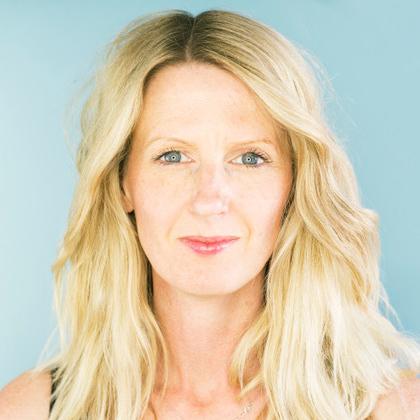How to relax your mind—beat stress with these daily calming techniques
Discover how to relax your mind with these key strategies
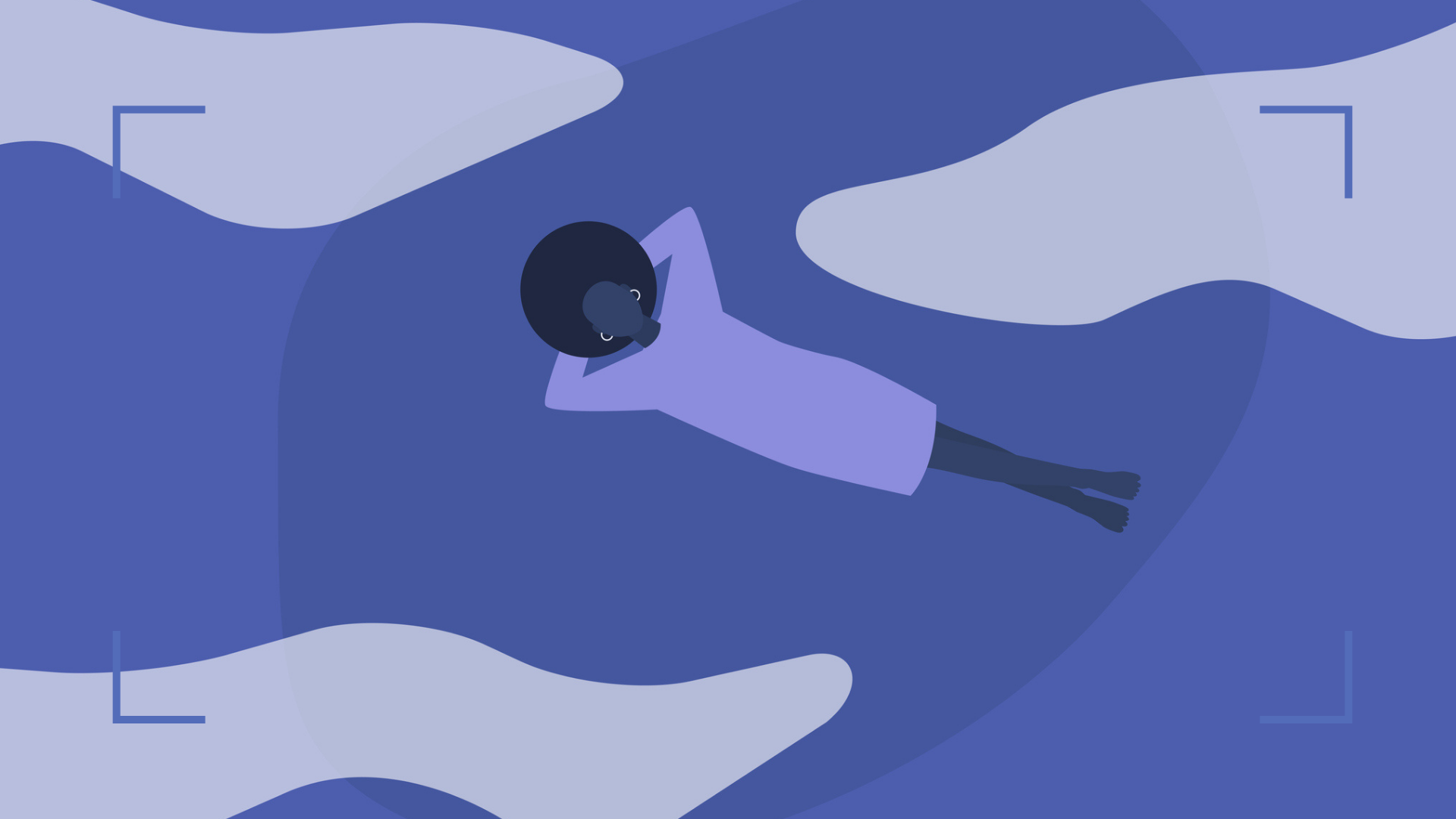

Learning how to relax your mind can help when you're feeling strung-out, anxious, or overwhelmed. But despite the fact that many of us know that we should take time to chill out and unwind, often we don’t have a proper plan to effectively de-stress.
According to experts, the trick is to approach relaxation as you would a health or fitness regime. This means building stress-reducing techniques into your daily routine—the same way that you’d schedule exercise.
"To build resilience to stress and anxiety, and allow the mind to rest for improved sleep and digestion, you need to give the body 10 minutes of TLC a day," says holistic health and wellbeing expert Rophin Vianney. Ready to try it? With this two-week plan of breathing techniques, yoga for beginners exercises, and simple ways to soothe, you'll learn the strategies that can help you to relax.
How to relax your mind—a two-week plan
There's no doubt that stress levels are soaring worldwide. A study by the American Psychological Association revealed that only 58% of adults in the US feel they're doing enough to manage stress. And, according to research by the Mental Health Foundation, 74% of Brits have felt stressed to the point of being overwhelmed.
What's more, many studies have revealed that common health problems, such as insomnia, tummy troubles, or chronic pain, can be blamed on unmanageable levels of stress. So if you want to know how to deal with stress, you've come to the right place.
Luckily, there are calming techniques to help you cope when feeling the negative effects of this modern-day problem. Try these simple exercises—every day—and after just 14 days you'll feel calmer, happier, and more able to manage life's stressful moments.
DAY 1. DO EQUAL BREATHING
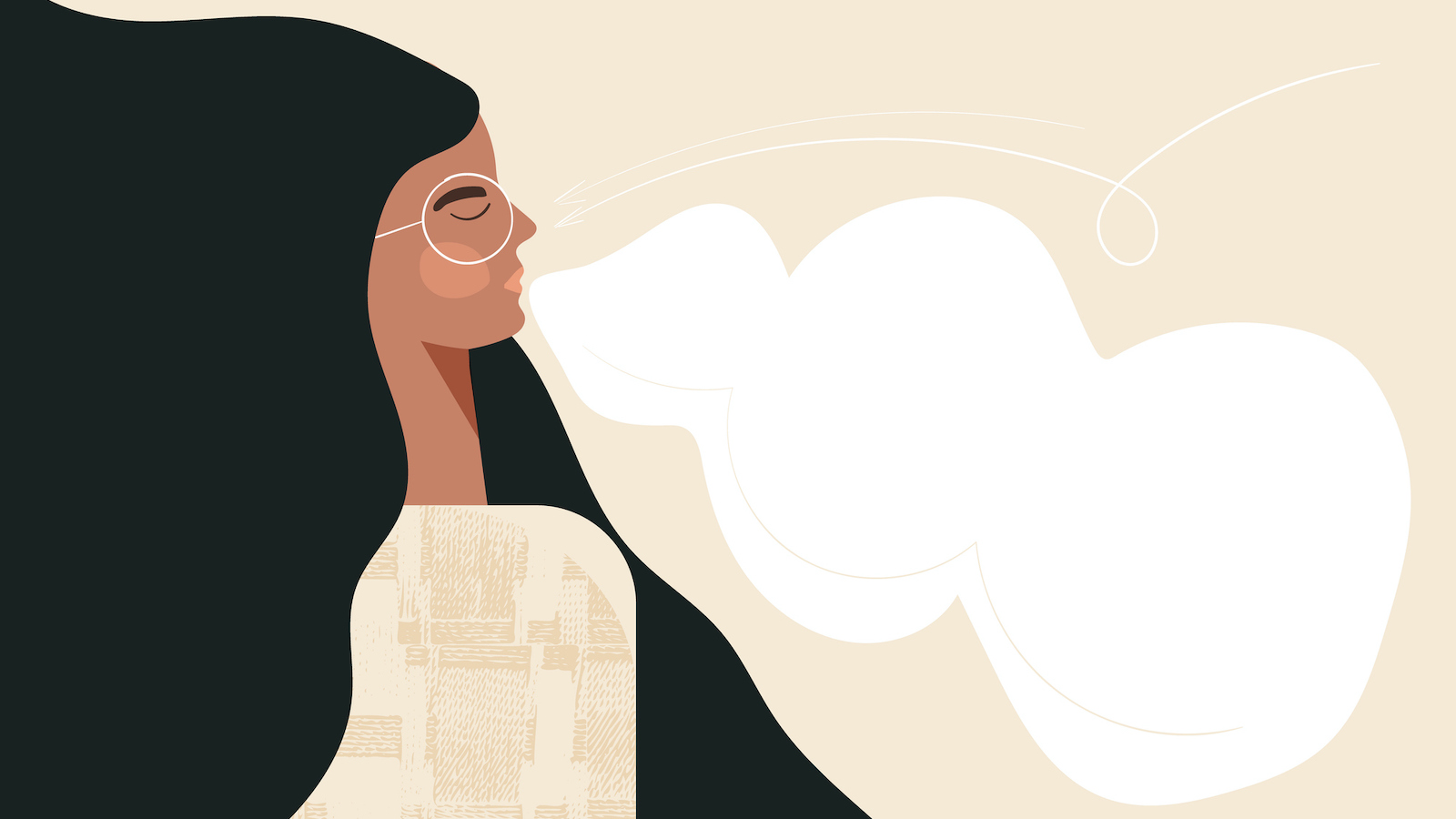
Learning how to breathe better can be beneficial during times of stress. This simple style of breathing is effective for restoring focus and calming the nervous system, and the bonus is it can be done anywhere.
Sign up to our free daily email for the latest royal and entertainment news, interesting opinion, expert advice on styling and beauty trends, and no-nonsense guides to the health and wellness questions you want answered.
- Breathe slowly and deeply in and out through your nose.
- During inhalation and exhalation, count to make sure your breaths are equal in duration.
- Continue for at least five minutes.
DAY 2. FIND YOUR PRESSURE POINTS
Acupressure is an ancient alternative therapy that sends signals to the body to aid healing and boost wellness to help beat stress and prevent burnout.
"One of the main pressure points that will soothe and relieve anxiety when stimulated is the Yin Tang acupoint located between the eyebrows," says acupuncturist Renata Nunes. "The CV17 acupoint found in the center of the chest, between the nipples, also works to calm the heart and deepen the breath."
Gently apply pressure for 30-40 seconds at a time.
DAY 3. STRETCH YOUR NECK
We often hold tension in our neck when stressed and so massage therapist Karen Mack recommends this technique to stretch out and relax the area.
If you've been overworking on digital devices, this exercise is also useful to avoid getting the painful condition known as tech neck.
- Stand straight, with your shoulders pushed down and back.
- Drop chin down towards the chest, place one hand on your chin to keep downward pressure, and with the other placed on the back of the neck, pull the neck upwards.
- Hold the stretch for 20-30 seconds, repeating three-to-five times.
DAY 4. TRY GRATITUDE TRACKING

To ground yourself, take five minutes to write down what you are grateful for at that moment.
''There's no need to overthink things. Just focus on the small moments and successes that you don’t always acknowledge," says psychologist Jan P. de Jonge. "This could include having a cup of coffee without being disturbed or a surprisingly sunny day."
DAY 5. DO LION'S BREATH
This is a popular breathing technique to stretch the muscles in the face and relieve tension from frowning, scowling and concentrating.
- Inhale deeply through the nose and open eyes wide.
- Open your mouth wide, bringing the tip of your tongue towards the chin.
- Exhale, making a long "ha" sound.
- Repeat two/three times.
DAY 6. TAKE A WELLNESS BATH
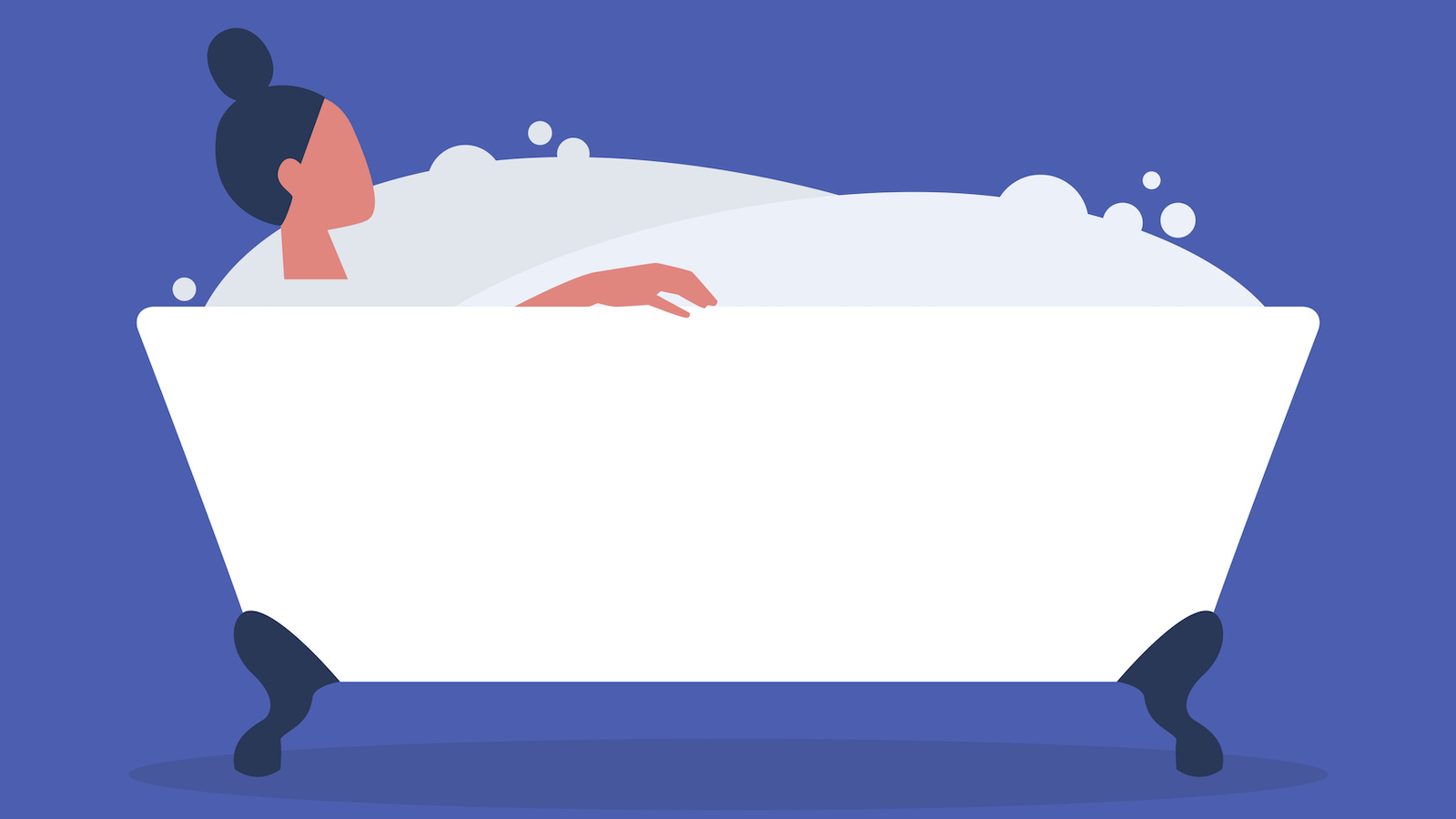
Run a bath, lower the lights and sprinkle magnesium flakes into the water. This "magic mineral" is known to relieve muscle tension and encourage a deep and restful sleep too—the benefits of magnesium are well documented.
Research by Yale University found that a warm bath helped people feel better about themselves and less lonely, while another study by the Japan Health & Research Institute concluded that bathing can be more beneficial for mental health than showering.
DAY 7. DO "LEGS UP THE WALL"
This is an easy stress-relieving yoga pose that can regulate blood pressure, calm the nervous system and quieten the mind, says yoga expert Hannah Barrett.
- Lie on your back with legs resting up against the wall, feet parallel to the floor, and your bottom almost against the skirting board. On a hard floor, use one of the best thick yoga mats so that you are more comfortable.
- Keep knees relaxed, feeling a light stretch in the legs.
- Stay in position for 10-15 minutes.
DAY 8. TRY BOX BREATHING
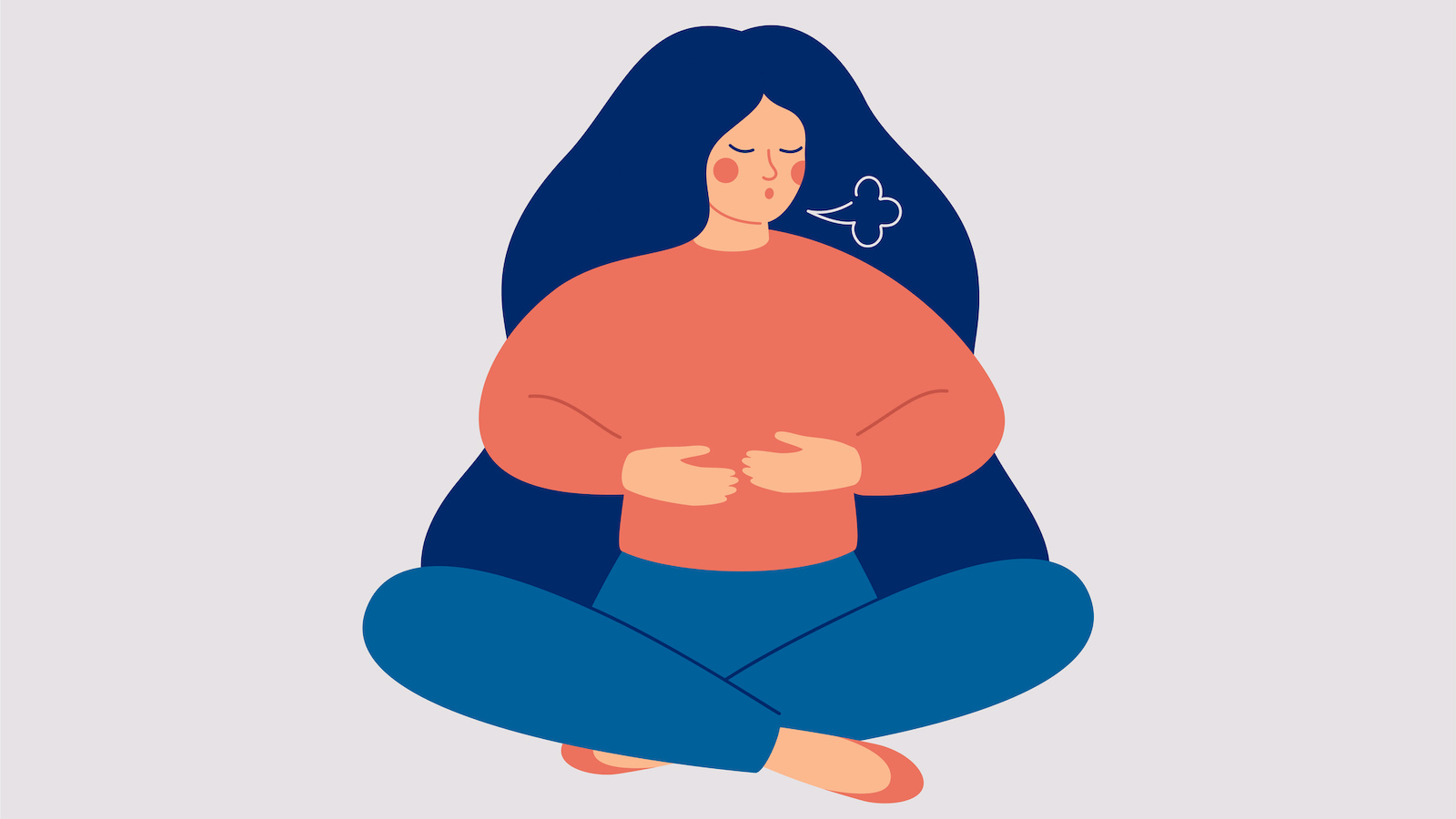
There are several breathing techniques for anxiety that can really help to ease the condition. This method is ideal for when you're feeling overwhelmed as it helps to take your mind off distracting thoughts.
- Sit in an upright position.
- Breathe in for four seconds, hold in for four, and breathe out for four.
- Repeat this for four minutes or until you feel calmer.
DAY 9. EMBRACE ESSENTIAL OILS
Aromatherapy essential oils have the power to reset your mood and orange oil, in particular, has been proven to be uplifting and tranquilizing: it alters our mood and boosts motivation, relaxation, and clarity, says health coach Suzy Glaskie.
"Put a drop of orange essential oil on one palm, rub your hands together and inhale deeply for 60 seconds to get the benefits," she suggests. You could also try burning one of the best aromatherapy candles to help you unwind.
DAY 10. DO THE CAT / COW STRETCH
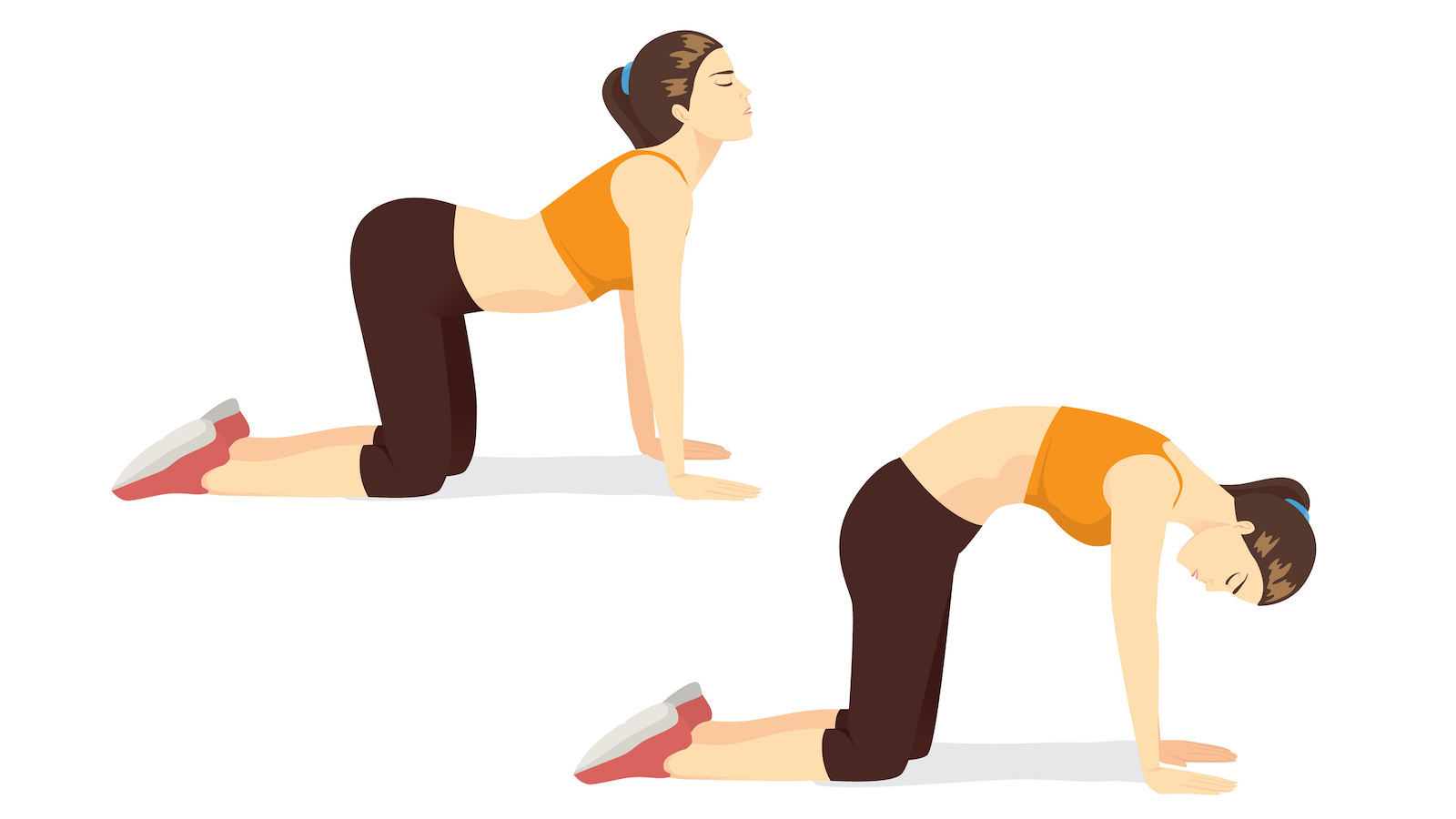
Stress can manifest as aches and pains in the upper and lower back, so mobilize the whole spine to release tension and encourage relaxation, says Pilates expert Korin Nolan.
You should also try this yoga for posture pose if you also spend a lot of time sitting at a desk.
- On your hands and knees start with your spine in a neutral position.
- Inhale, and as you exhale, tuck your bottom under and let your head drop down, lengthening your lower back.
- Take an inhale and on the exhale reverse the stretch, lifting your bottom and chin to the ceiling.
- Repeat five-ten times.
DAY 11. TRY 4-7-8 BREATHING
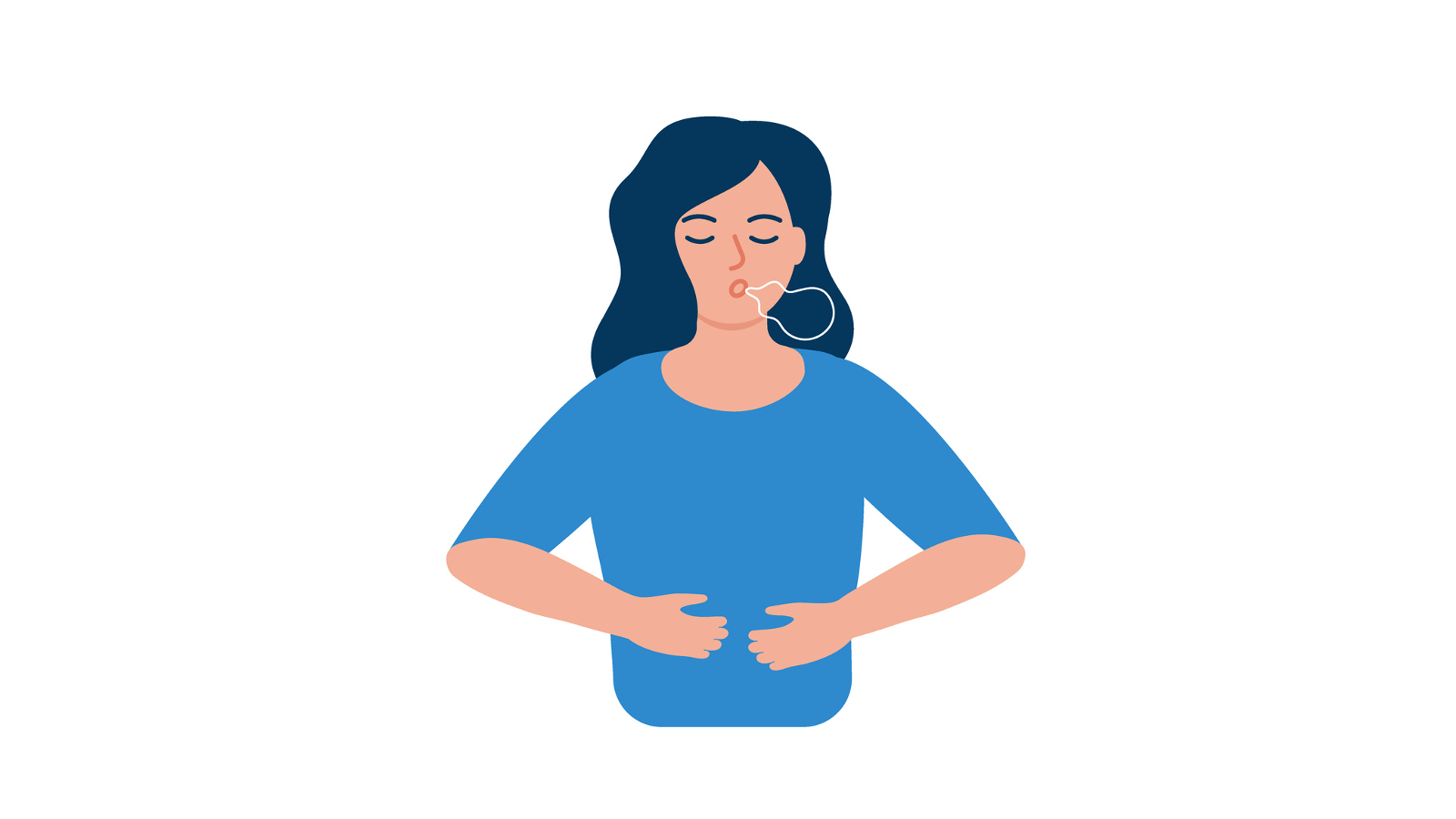
If you want to know how to fall asleep fast, this common breathing technique can be used at night to quickly reduce rising stress-levels.
- Stand with a straight back, allowing the lungs to expand.
- With your mouth closed, press your tongue gently on the roof of your mouth, inhale slowly through your nose for four seconds.
- Hold your breath for seven seconds.
- Audibly exhale "woosh" for eight seconds, keeping your tongue pressed in roof of your mouth.
- Repeat for four cycles.
DAY 12. GO ON A SOUND STROLL
You may already enjoy walking for weight loss and the associated fitness benefits, but a daily walk is also a fantastic exercise to calm your mind.
"A ‘sound walk’ is a walking meditation, when the sounds you hear while you’re out are as important as the sights you see," explains wellbeing author Tania Ahsan. "This mindful approach helps you become aware of the sounds that you hear each day and allows you to form a memory of feeling attentive, relaxed, and aware whenever you hear that sound."
To try it, tune in to birdsong, the wind in the trees, or even the hum of traffic next time you’re having a wander. You could also listen to one of the best podcasts for anxiety.
DAY 13. MASSAGE YOUR FEET
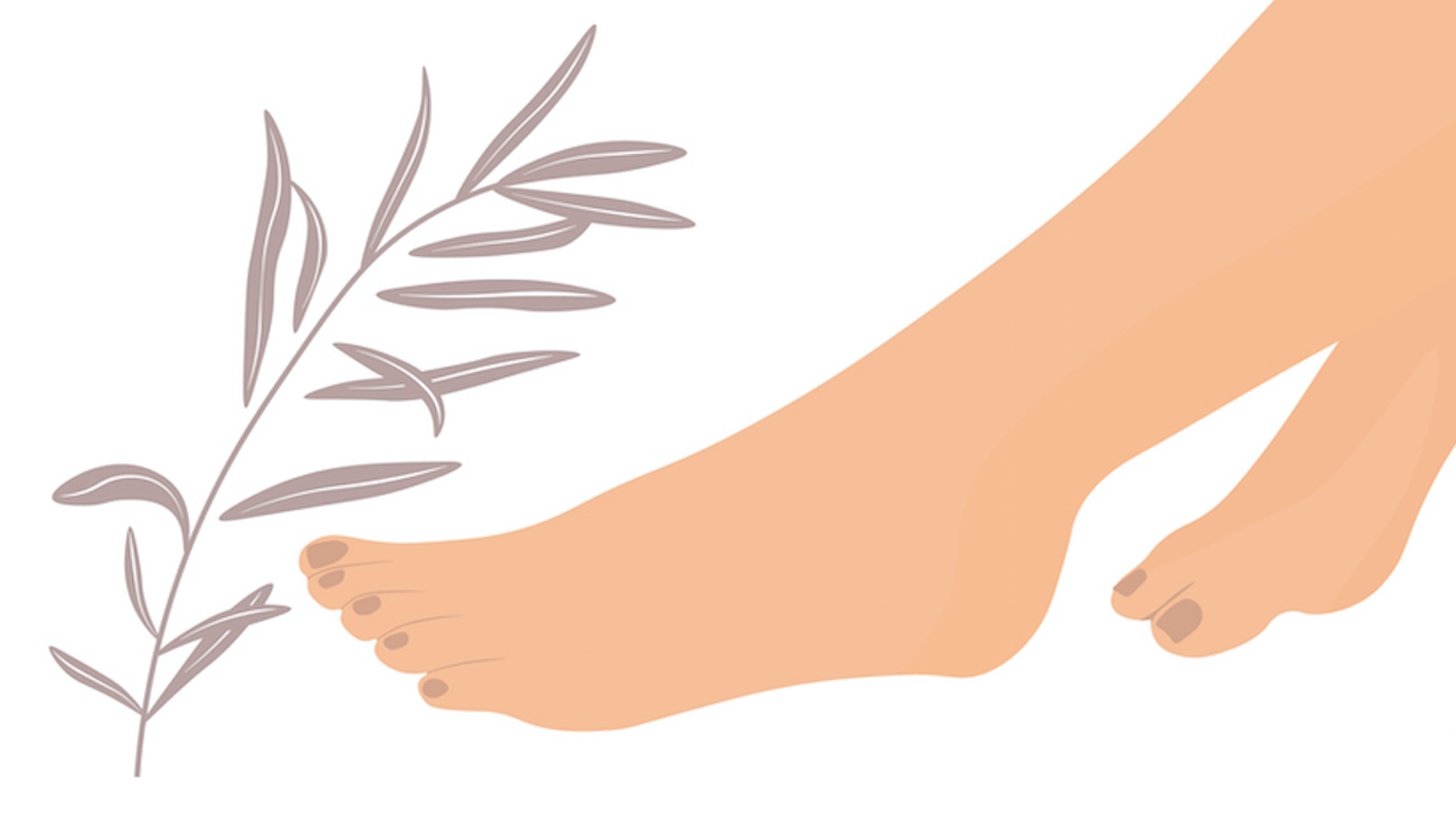
If you love a home pedicure, take it one step further with this DIY foot massage routine from reflexologist Malini Sarkel—it will calm you and promote feelings of wellbeing.
- Lightly apply moisturizing cream or oil to your feet.
- Gently rub the side of feet using circular motions from top to bottom. Repeat three times.
- Hold big toes one at a time and gently press the middle part of your big toe. When pressing, take a deep inhale, and when you release, deeply exhale. Repeat three times.
- Place thumb at the base of your middle toe and slide thumb down in a straight line to the heel while applying pressure. Repeat three times.
- Squeeze one foot at a time with both hands—as if you're hugging feet with your hands, moving slowly from top of toes towards heels. Repeat three times.
DAY 14. RELAX IN CHILD'S POSE
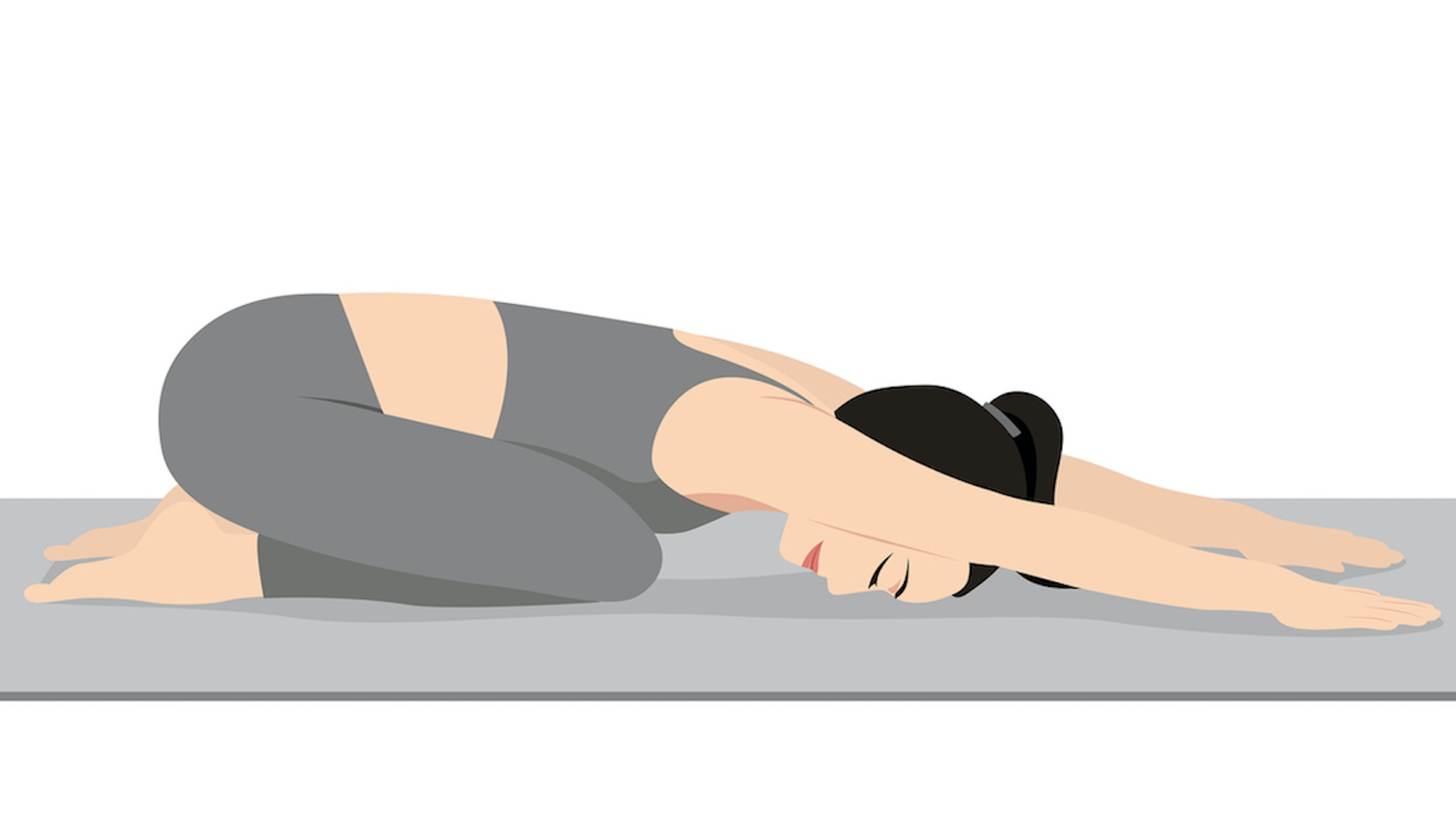
Putting yourself into child's pose allows for a moment of respite in a busy day and relieves tension in the neck, back and shoulders, says Vianney. It's also an effective yoga nidra pose to help you relax before sleep.
- Kneel on all fours with your knees slightly wider than your hips. Bring your feet together behind you and draw the hips back until you are sitting on your heels.
- Slide hands forward, bringing your head to the floor between your outstretched arms.
- Stay in the pose for several minutes.
woman&home thanks wellbeing expert Rophin Vianney; acupuncturist Renata Nunes; Welllab massage therapist Karen Mack; psychologist Jan P. de Jonge; yoga expert Hannah Barrett; health coach Suzy Glaskie; Pilates expert Korin Nolan; Healthspan psychologist Dr Meg Arroll; wellbeing author Tania Ahsan and reflexologist Malini Sarkel, for their time and expertise.
Senior Health Writer Ali Horsfall has almost 15 years experience as a journalist and has written for national print titles and women’s lifestyle brands including woman&home, Woman, Woman's Own, BBC magazines, Mothercare, Grazia and The Independent. She currently specialises in health and fitness content and loves sharing the best expert advice on staying well.
